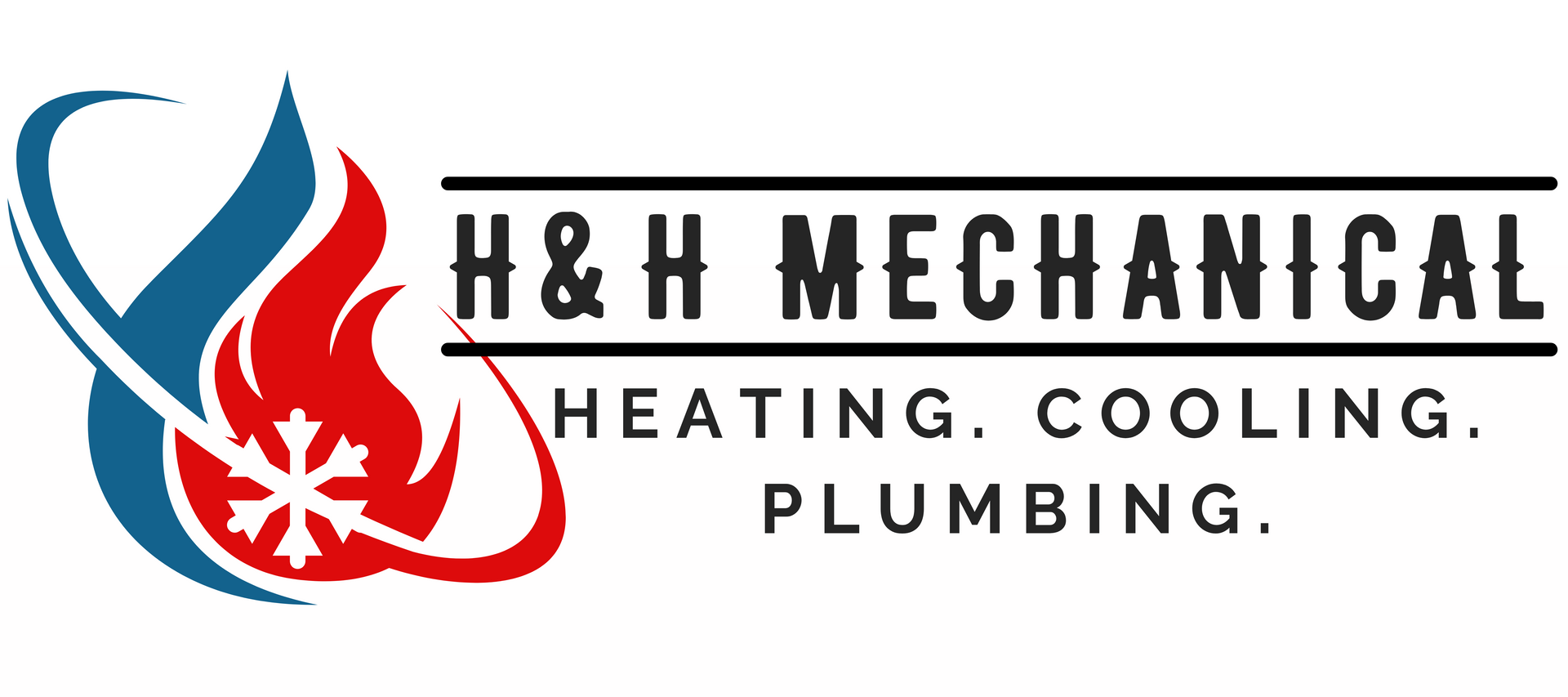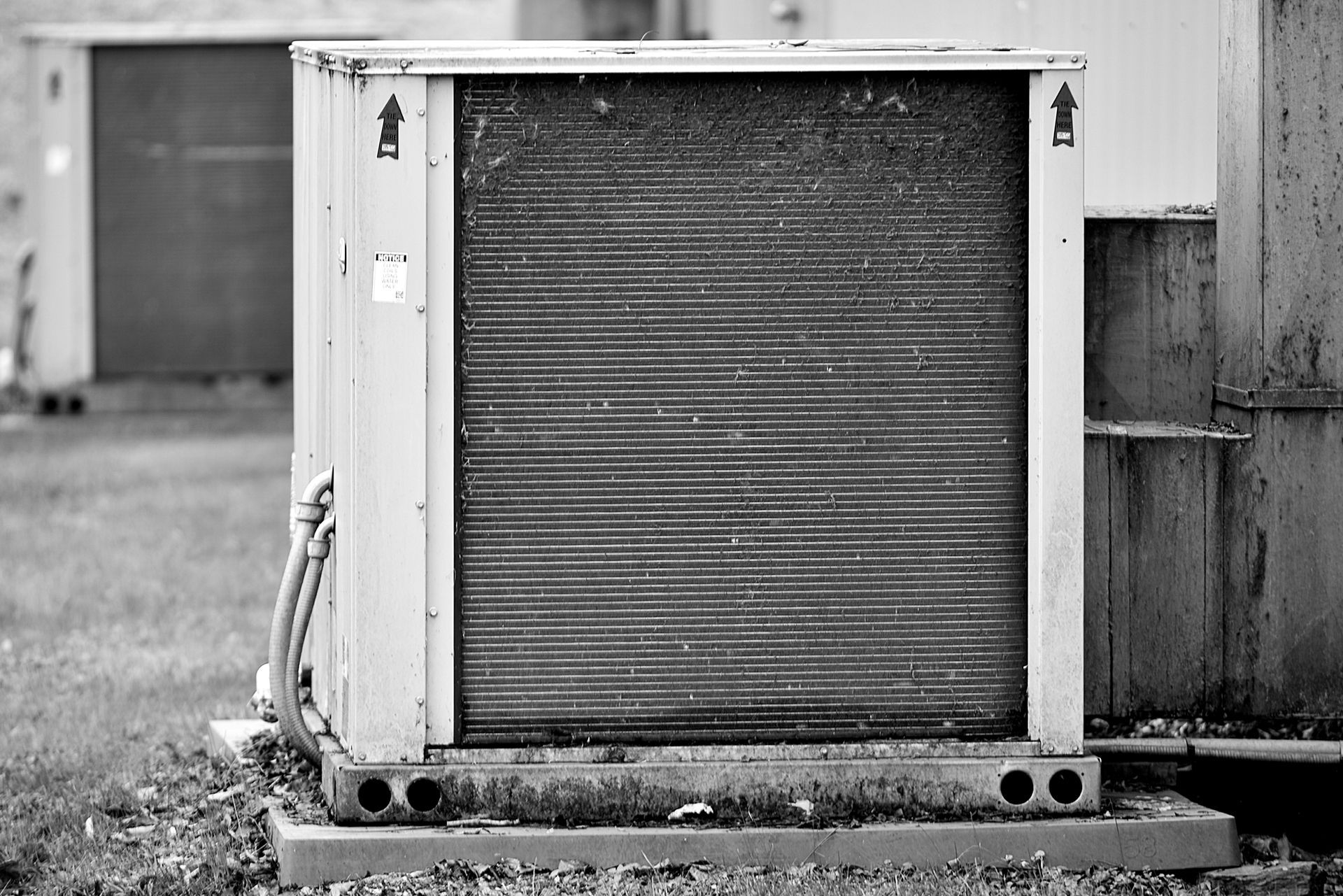Why You Shouldn’t Wait Until the Last Moment to Replace Your HVAC
Your HVAC system is critical to maintaining a comfortable environment, whether during the blazing heat of summer or the icy chill of winter. Unfortunately, many people delay replacing their HVAC system, hoping it will hold on “just a little longer.” However, waiting until the last moment to replace your HVAC isn’t just risky — it can also lead to higher costs, discomfort, and stress. Here are several reasons why proactive replacement is always the better option.
1. Avoid Total System Failure at Inconvenient Times
HVAC systems tend to fail when demand is highest — in the middle of a heatwave or during a deep freeze. These are also the times when HVAC companies are at their busiest, making it harder to get a technician to your home or office quickly. Waiting until the last moment could leave you without heating or cooling when you need it the most, potentially disrupting your comfort, your productivity, your vacation or even your health.
2. Save Money on Emergency Repairs
As your HVAC system nears the end of its lifespan, components can start breaking down frequently. Emergency repair costs add up quickly, especially if parts are expensive or the issue requires multiple service calls. Instead of sinking money into a system on its last legs, investing in a new, energy-efficient HVAC system can save you from wasting money on band-aid fixes.
3. Take Advantage of Flexible Scheduling
Replacing your HVAC system typically takes time and can be disruptive. By planning ahead, you can schedule the replacement at your convenience — for example, during milder weather or when your home or office is less busy. Waiting for a system breakdown puts you at the mercy of the technician’s availability, which might be less convenient.
4. Discounts
Off season discounts are readily available in spring and fall.
5. Ensure Energy Efficiency
Aging HVAC systems often lose efficiency over time, causing them to consume more energy and drive up your utility bills. A planned replacement gives you the opportunity to upgrade to a modern, energy-efficient model that reduces energy consumption, lowers utility costs, and is better for the environment. Don’t wait until your bills skyrocket before acting.
6. Take Time to Research and Make an Informed Decision
Replacing an HVAC system at the last minute often forces you to make rushed decisions — and this can lead to choosing a system that doesn’t fully meet your needs or budget. Proactively replacing your system allows you to research the best options, compare prices, look into rebates or tax incentives, and choose a system that works for you in the long run.
7. Maintain Your Comfort Without Disruption
A failing HVAC system can cause inconsistent temperatures or poor airflow, making your home or office uncomfortable. Instead of enduring these issues while wondering when the system will finally quit, replacing your HVAC preemptively ensures seamless comfort without interruptions.
8. Protect Your Health
Old HVAC systems may not filter air as effectively as newer models, leading to poor indoor air quality. Dust, allergens, or mold could accumulate and circulate, worsening allergies or respiratory issues. A timely upgrade lets you enjoy improved air quality for a healthier and more comfortable living or working environment.
Don't Wait Until It’s Too Late
Waiting until the last moment to replace your HVAC system might seem like a way to save money now, but it could cost you much more in the long run — in repair bills, wasted energy, and even lost comfort. By replacing your system proactively, you’ll enjoy peace of mind, better energy efficiency, and uninterrupted comfort.
Need help with your HVAC replacement? Give us a call and plan ahead for a smoother, more cost-effective transition. Don’t wait for your system to let you down when it matters most!






